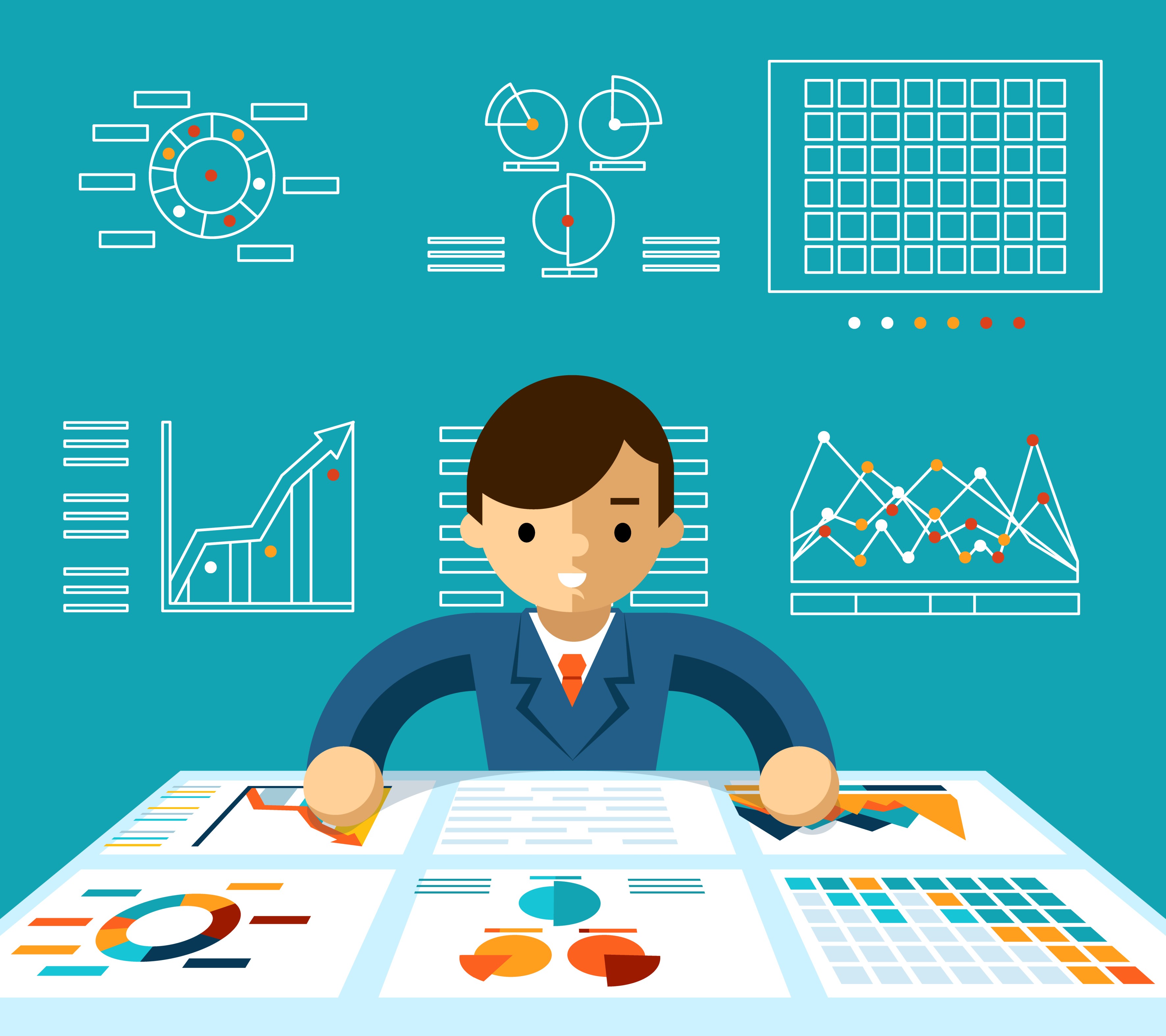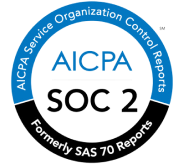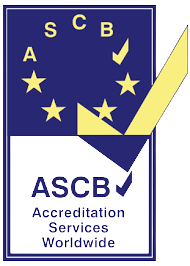Table of Content
- Introduction
- HRMS Software: A Holistic HR Solution
- The Analytics Advantage
- Unleashing Data-Driven Decisions
- Elevating Recruitment Strategies
- Employee Engagement: The Heartbeat of Productivity
- Peering into the Future with Predictive Analytics
- Navigating Compliance and Reporting
- Conclusion: Embracing HRMS Software with Analytics
- FAQs (Frequently Asked Questions):
- Why is analytics important for HR professionals?
- How does analytics improve recruitment?
- Can analytics really predict the future of HR?
- Why is HR reporting important?
Introduction
Suppose you're an HR professional, decision-maker, entrepreneur, or anyone involved in managing people. In that case, this article is your guide to understanding how analytics is transforming HR reporting with the help of HRMS software. We'll break down the concepts, explain their significance, and delve into the role of analytics in HR reporting in today's dynamic business environment.
Want to skip the post?

HRMS Software: A Holistic HR Solution
First things first, let's talk about HRMS software. Imagine it as your ultimate HR companion—a digital one-stop shop for managing your workforce.
HRMS is famously designed to streamline and optimise HR operations.
It's a comprehensive tool that handles everything from pre-boarding tasks to attendance tracking, employee record management, recruitment coordination, swift asset management and exit clearances.
Our HRMS software simplifies the complexities of HR tasks, making your job easier and more efficient.
The Analytics Advantage
Now, let's focus on the real talk that's the role of analytics in HR reporting systems.
Analytics transforms HRMS software from a basic HR tool into a strategic powerhouse. But what exactly does it do?
Analytics, in this context, refers to the process of collecting, analysing, and interpreting your user or employee data. It's about turning raw information into actionable insights.
uKnowva offers a configurable, flexible, and customisable reporting tool. It allows HR admins and super admins to overview HR, content, people, and other aspects of the analytics to make data-driven decisions without doubting themselves.
Unleashing Data-Driven Decisions
In the past, HR professionals relied on gut feelings and intuition to make important decisions. They had to guess why employees left, how to improve hiring, or what would boost employee morale.
But analytics changes the game. It provides concrete evidence and patterns, allowing HR teams to make informed decisions.
For instance, if you're facing high employee turnover, analytics can uncover the reasons behind it. Maybe it's low compensation, lack of career growth, or poor working conditions. Armed with this data, you can take specific steps to address these data issues and improve retention.
Elevating Recruitment Strategies
Recruitment is the lifeline of any organisation. It's where the journey begins for new employees. Analytics can supercharge your recruitment efforts by helping you understand what's working and what's not. You can track the most successful sources for finding top talent, measure the time it takes to fill positions and identify bottlenecks in the hiring process.
You can discover your best hires consistently from a particular job board or a specific referral program. With this knowledge, you can allocate your recruitment budget more effectively and replicate your success.
Employee Engagement: The Heartbeat of Productivity
Happy employees are more productive, and analytics can gauge their happiness accurately. HRMS software with built-in analytics tools allows you to measure employee satisfaction through surveys and feedback mechanisms. You'll know exactly how your workforce feels, which areas need improvement, and what initiatives can boost morale and productivity.
Maybe your analytics reveal that a number of your existing employees are dissatisfied with their work-life balance. Armed with this insight, you can implement flexible work arrangements or time management programs to address their concerns and improve their well-being.
Peering into the Future with Predictive Analytics
Now, let's talk about the aspect of analytics in HR—predictive analytics. It takes data analysis a step further by using machine learning algorithms to forecast future HR trends.
This can include predicting potential employee turnover, identifying high-potential candidates within your organisation, and estimating future workforce needs.
If you're a Chief HR Officer (CHRO), and you might be worried about losing key talent. Predictive analytics can alert you to employees who might be considering leaving based on their behaviour patterns. Armed with this foresight, you can engage them with retention strategies or succession planning to fill their roles seamlessly.
Navigating Compliance and Reporting
HR isn't just about managing people; it's also about adhering to rules and regulations.
HRMS software ensures that organisations remain compliant with labour laws, rules and regulations. It generates accurate and up-to-date reports, making it easier to track and report on HR-related compliance requirements.
This not only helps in avoiding legal issues but also contributes to the overall reputation of the organisation.
With the reporting capabilities of HRMS software, you can quickly provide the necessary documents and demonstrate your commitment to following the rules. This helps you audit the system and process with evidence and proofs and creates less havoc at the last minute.
Conclusion: Embracing HRMS Software with Analytics
In conclusion, the fusion of HRMS software and analytics has revolutionised the HR landscape. Whether you're an HR professional, a decision-maker, or a business head, you can't afford to ignore this powerful combination. It allows you to make data-driven decisions, enhance your recruitment strategies, improve employee engagement, and even predict future HR trends.
So, if you're looking to stay competitive and thrive in the ever-changing world of HR management, it's time to embrace HRMS software with robust analytics capabilities. It's not just an option; it's a necessity. By doing so, you'll be better equipped to navigate the complexities of modern HR and lead your organisation to success.
FAQs (Frequently Asked Questions):
Why is analytics important for HR professionals?
Analytics empowers HR professionals to make informed decisions by providing data-driven insights reducing guesswork.
How does analytics improve recruitment?
Analytics helps HR teams identify successful recruitment sources, reduce hiring times, and identify areas for process improvement.
Can analytics really predict the future of HR?
Yes, predictive analytics can forecast future HR trends, such as potential employee turnover and high-potential candidates.
Why is HR reporting important?
HR reporting is essential for compliance with labour laws and regulations, helping organisations avoid legal issues and maintain their reputation.












